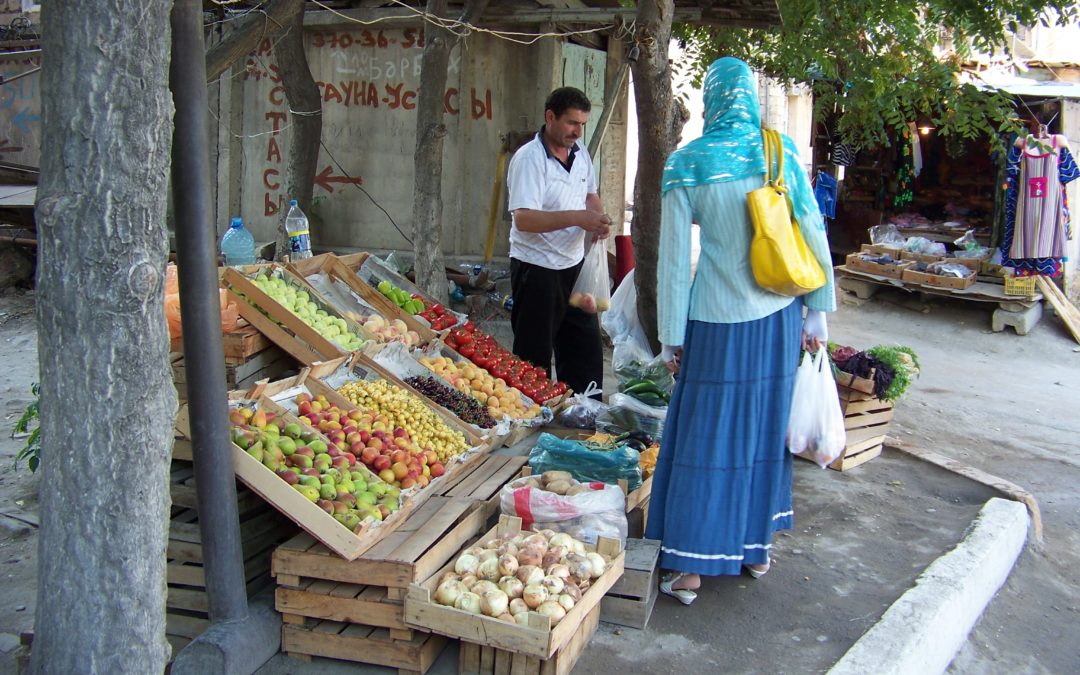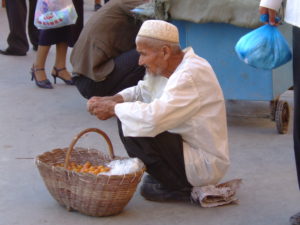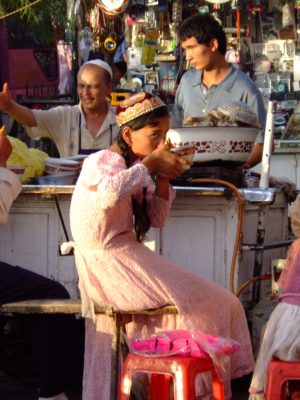
REACHING HARD PLACES – Part 2
“I’m terrified of death, when my whole life will be presented before God and will be judged. That’s why I go to the cemetery often to hear the cries of those in hell telling me to be a good person and not to sin.”
 Recently, a local Karis man shared this reflection with of one of our missionaries. This is the reality for even the most righteous of Muslims. For them, the afterlife is a huge question mark, and their religion is marked by fear. Our missionary was able to share the peace he has in Christ with this man. This man follows Islam’s teachings very closely and had no respect for believers until he met our missionary.
Recently, a local Karis man shared this reflection with of one of our missionaries. This is the reality for even the most righteous of Muslims. For them, the afterlife is a huge question mark, and their religion is marked by fear. Our missionary was able to share the peace he has in Christ with this man. This man follows Islam’s teachings very closely and had no respect for believers until he met our missionary.
Christ calls us to the hard places—the places where people like this man live.
MOBILIZING MISSIONARIES FOR THE HARD PLACES
“God taught me more of who he is through personal relationships and conversations with people from different backgrounds,” one Indiana Wesleyan University student* shared after debriefing her summer experience in Europe. Three students from Indiana Wesleyan spent the summer of 2017 getting a taste of real-life missionary service. Our missionary team among our Immigrant Muslim ministry crafted a summer experience for university students where they were stretched in a cross-cultural environment and discipled. They also ministered to refugees and immigrants.
 Seventy-five percent of Global Partners current missionaries experienced God’s call to missions before they were 25 years old. Global Partners continues to seek the next generation of global workers. Through summer programs like this one, students gain clarity for their vocational calling, the university gains students with a global vision, and Global Partners invests in the future.
Seventy-five percent of Global Partners current missionaries experienced God’s call to missions before they were 25 years old. Global Partners continues to seek the next generation of global workers. Through summer programs like this one, students gain clarity for their vocational calling, the university gains students with a global vision, and Global Partners invests in the future.
= = = = = = = = = =
The Wesleyan Hispanic Church in the United States has funded and sent Global Partners first Hispanic missionary to the field. In 2016 Liz* was appointed to serve among Muslim immigrants in Europe. Partnering mostly with Hispanic churches, she traveled the United States and visited churches in more than 12 states. According to Liz, the response from these churches was unbelievable! Most of her supporting churches had never been involved in missions; others wanted to help but did not know how to. Even though some of these churches did not have the economic or budget possibilities to commit to a faith promise, they came together and created a plan to make it possible. Through their prayers and their generosity in giving, the United States Wesleyan Hispanic Church is becoming more and more involved in helping send missionaries—even to the hard places.
*For security reasons, all last names and some full names have been omitted. Many first names have been changed.
